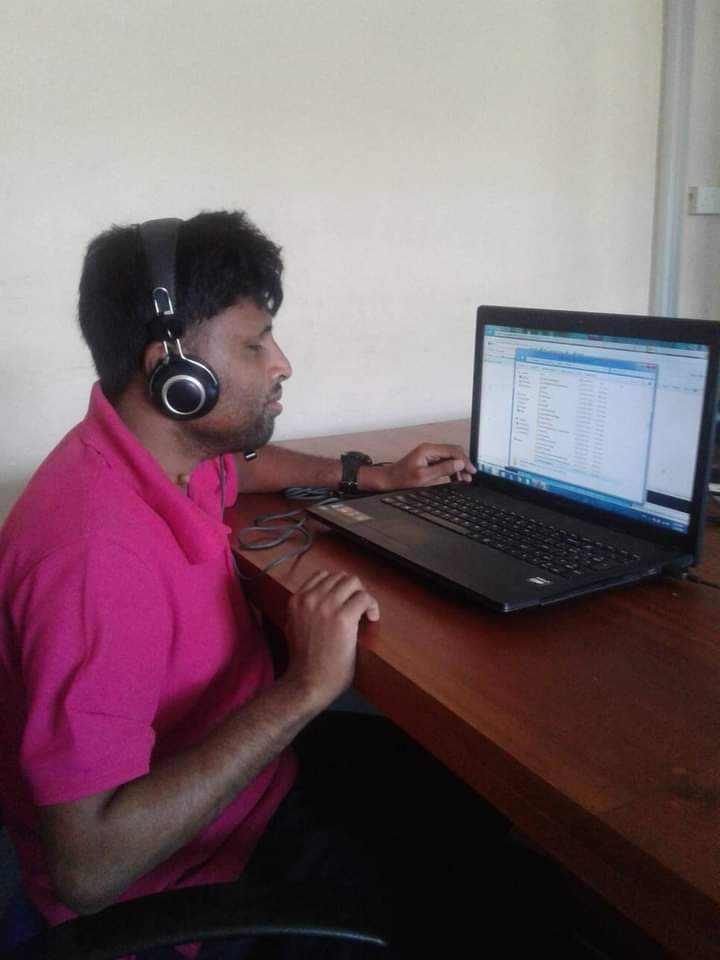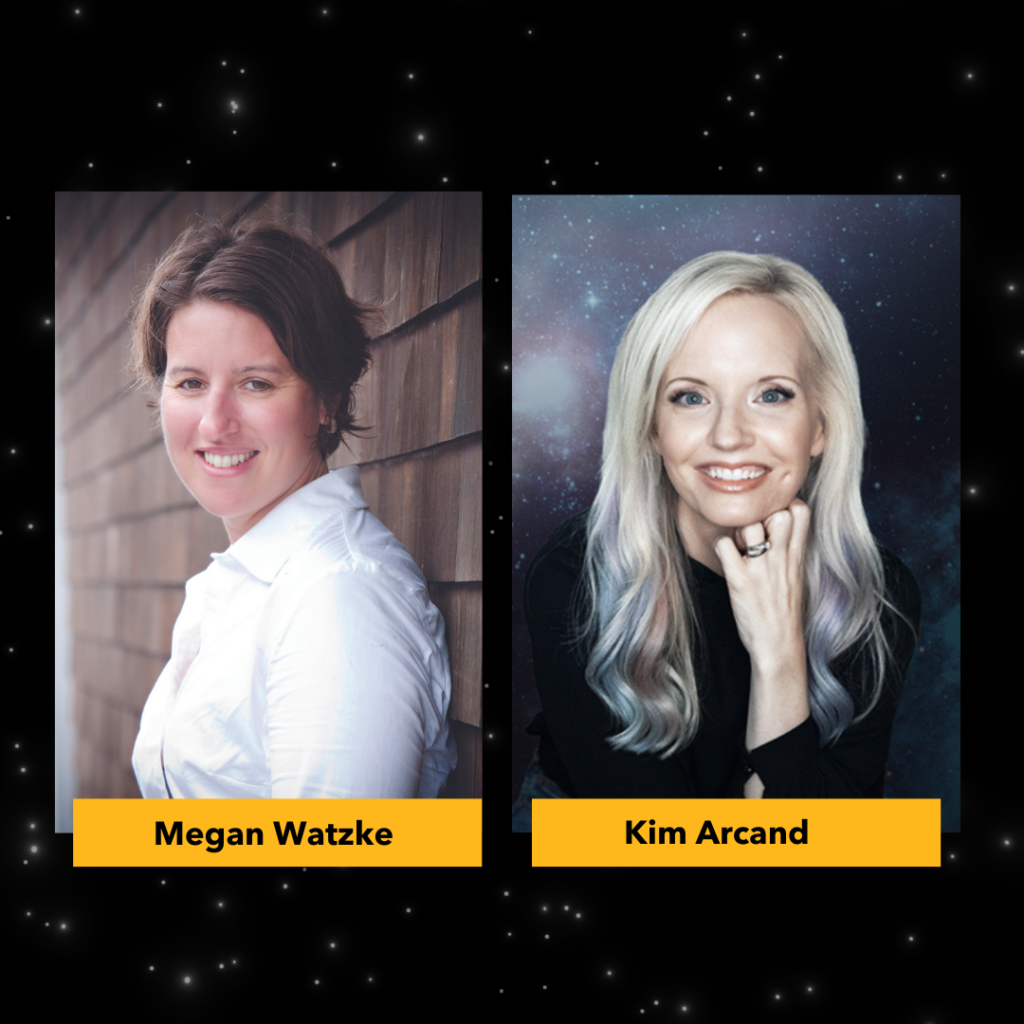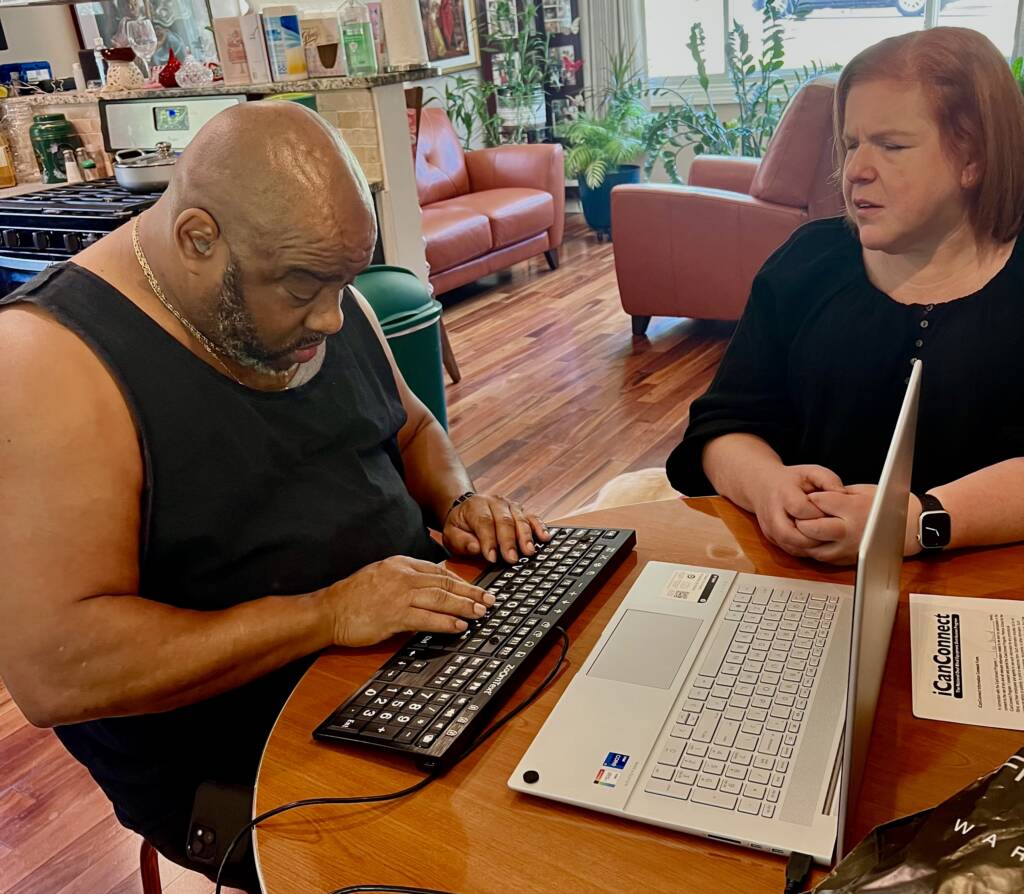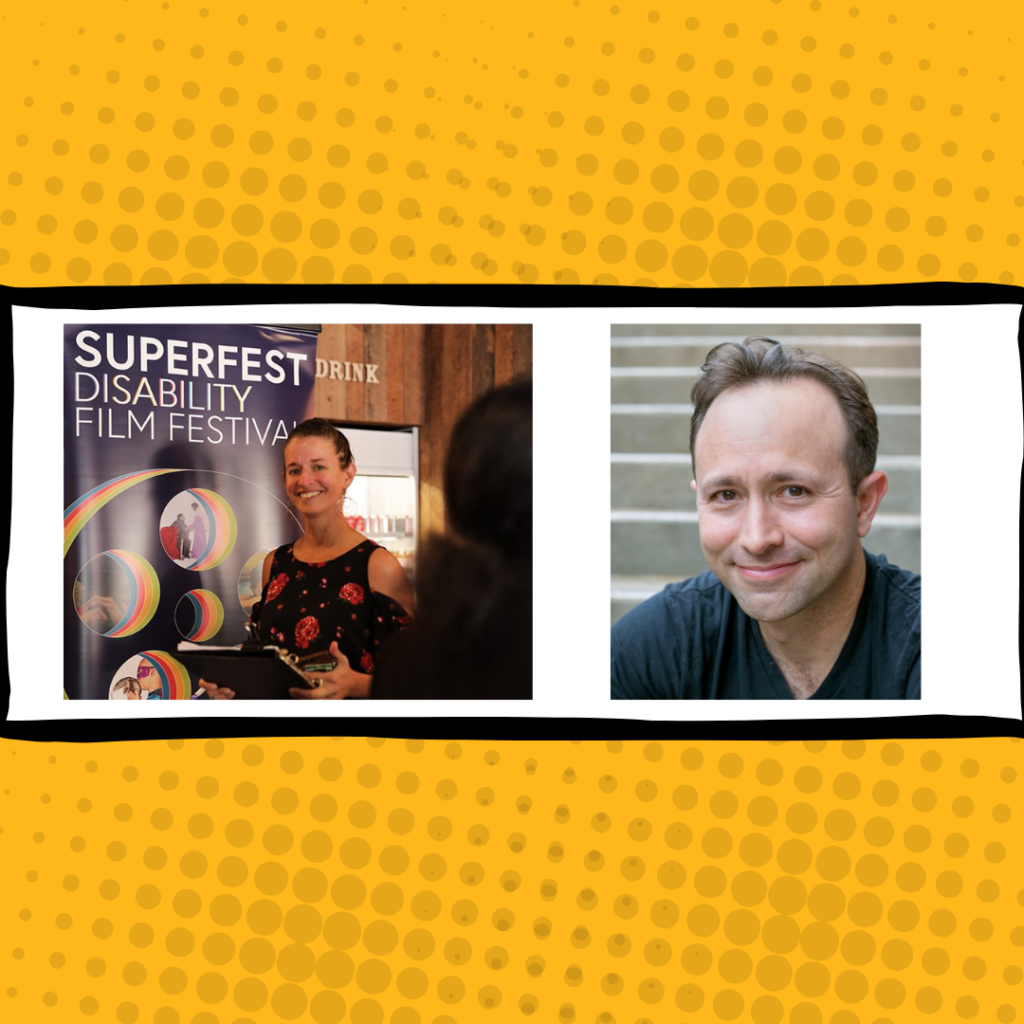You must be familiar with the term “Education for All.” This has been used as a slogan by the rulers of various countries in the world to demonstrate their enthusiasm and dedication for educational development. In reality, it is a camouflage in some parts of the developing world.
Here, I believe it is relevant to share my experiences with the readers that blind people in Sri Lanka are being confronted and limited in their educational pursuits. It is a heartbreaking situation.
For instance, some blind students complete thirteen years of school education amidst various hardships with a firm determination of pursuing higher education. Finally, they get the opportunity to sit for the GCE Advanced Level examination with their able counterparts. However, the blind are not permitted to select the subjects of their choice or preference. Instead, their subject selection is confined by the authorities to arts subjects. Consequently, even if the blind students are selected to a university, they are compelled to be satisfied with whatever subjects are available in the arts faculties.
No one needs in-depth knowledge on social injustice, human rights or international conventions to comprehend this disparity to another group of human beings in the same society.
Surprisingly, the policy makers or policy implementation groups have not realized this as a great injustice to the blind community in Sri Lanka. However, it is not difficult for any reasonable person to realize that the above-mentioned disparities in Sri Lanka would undoubtedly contradict the validity of the United Nations declaration that “education is an inviolable right of every person born in this world.”
From the perspective of a sighted person, the options are open and endless. Not once would they have to consider giving up their preference and desired field of study once they have earned their way into the doors of a university. But this is what is happening every day to people who are blind – and until this is seen and fully acknowledged it will never change.
How would you feel if you had worked tirelessly for years, fully committed to overcoming every obstacle that came your way to reach University, only to be denied your dream major once you arrived there?
This is an injustice of great proportions.
Especially when, in today’s technological world there are so many new innovations being developed to create and access information. So why can’t there be a pathway carved out for the blind?
Until the system is changed from within and this type of discrimination is eradicated, the saying “Education for All” will remain nothing more than a catchy slogan, lacking in any real substance or truth.
About the Author
Palitha Bandara lives in Colombo, Sri Lanka. He has a Bachelor of Arts with Honors in Buddhist Civilization from the University of Sri Jayewardenepura. He currently works as an audio book editor with the goal of increasing educational resources for blind students in Sri Lanka. He also contributes to the Power of Heart Facebook page, which aims to bridge the gap between the sighted and blind communities.



